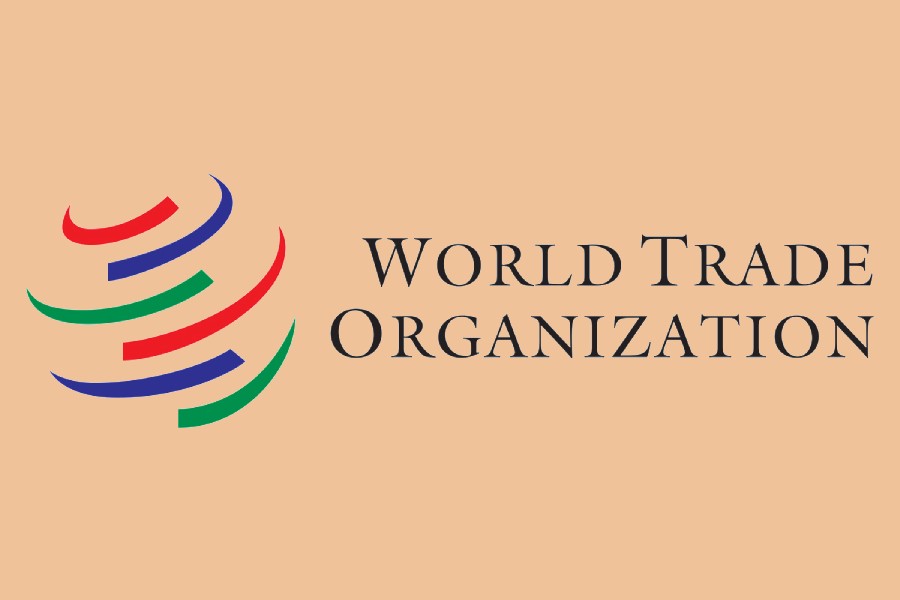
Published :
Updated :

Membership of the World Trade Organisation (WTO) has boosted the GDP of Bangladesh by $1759.73 million in 25 years, according to a study conducted by a global think-tank.
The country has gained 2.47 per cent of its Gross Domestic Product (GDP) with regard to welfare due to its accession to the WTO.
The study also revealed that the USA, China and Germany benefited most globally from their WTO membership.
These three countries achieved the largest income gains, which are directly attributable to their membership in the multilateral trade organisation.
WTO formally started its journey on January 01 in 1995 and this year marks the 25th year of the multilateral trade body. The organisation is the highest global trade rule-making body through negotiation among the members.
WTO's 164 member countries achieved a total increase in welfare of around $855 billion. This corresponds to an average gain of 4.51 per cent of GDP per member country.
The study was conducted by Bertelsmann Stiftung, a German-based think tank. Four professors-Gabriel Felbermayr, Mario Larch, Yoto V. Yotov and Erdal Yalcin-calculated the wealth effects of WTO membership for 180 countries worldwide, including the WTO members.
Bangladesh is a founder member of the WTO. In 1972, the country joined the General Agreement on Tariffs and Trade (GATT), the predecessor of the WTO.
Welfare falls on average by 0.96 per cent for non-GATT/WTO members, according to the study findings.
Around the globe, WTO members' exports increased an average of 14 per cent between 1980 and 2016, while non-members' exports fell almost 6.0 per cent, according to the study.
The export gain of Bangladesh is estimated at $3539 million during the period under review as exports increased by around 13 per cent.
Statistics available with the Export Promotion Bureau (EPB) of Bangladesh, however, showed that total export earnings stood at $320.80 billion during the period under review.
Being a Least Developed Country (LDC), Bangladesh has no commitment to cutting tariff rates but enjoyed preferential market access for its goods to different developed countries under the WTO framework. The market access brings major benefits to the country's export sector.
The study also showed that average tariffs in GATT/WTO-member states came down significantly over the past decades.
"Most favoured nation tariffs (MFN tariffs) were reduced on average by about nine percentage points from 1988 to 2016 starting at a level of 17 per cent being lowered to about 8.0 per cent in 2016,"it said.
"Similarly, bound tariff rates were reduced by about 8.0 percentage points from 40 to 32 per cent."
"These figures indicate a successful reduction of customs duties within the rules-based trading system in the post-World War II decades," the study report added.
asjadulk@gmail.com


 For all latest news, follow The Financial Express Google News channel.
For all latest news, follow The Financial Express Google News channel.